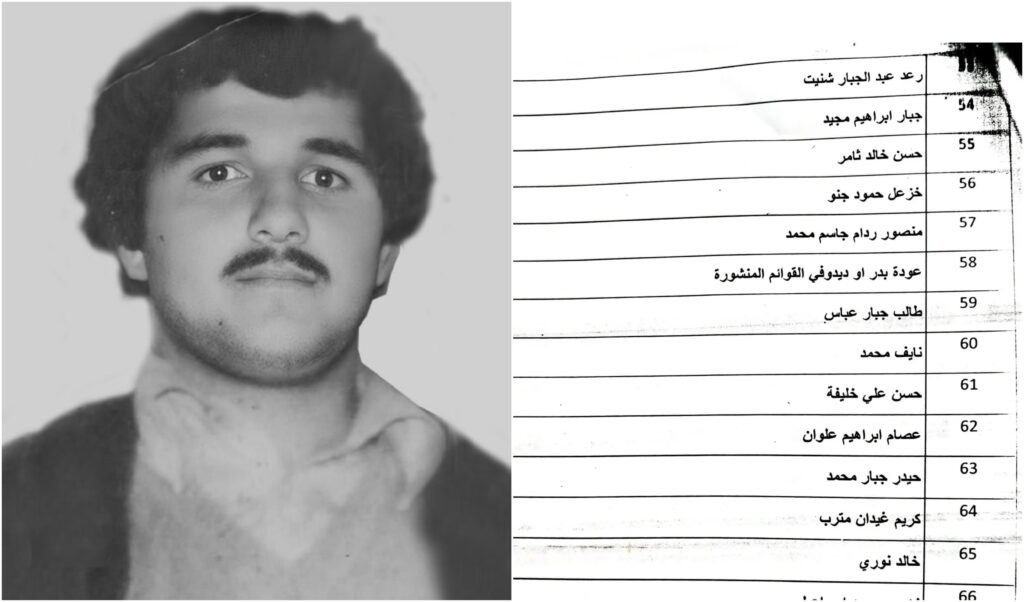Kurdistan, Iraq rely more on rice imports to meet demand

Rice, the most widely consumed food in the world, particularly in Asia and in the Kurdistan Region, as well. It is estimated around 85 percent of rice consumed in Iraq and the Kurdistan Region is imported.
According to the KRG Planning and Follow-Up Department from the Trade and Industry Ministry, every year more than 1 million tons of rice is imported into Iraq and the Kurdistan Region.
The bulk of the rice imported comes from India. For example, in 2017, 550,000 tons from India, 180,000 from Vietnam, 95,000 from Uruguay, 33,000 from the US, 29,000 from Thailand, eight thousand from Turkey and seven thousand from Iran.
"There are two types of imported rice — long grain No. 11 and 21. Per its quality, the price of 1 ton hovers around $1,250-1,350. There are also other low cost rices such as Sharbati Rice, Shokando Rice and Golden Rice, the price of one ton is $900-1,100 and it is low demand," Jutiyar Omer, the head of another company, said.
He said the worst kind is what the government distributes through ration cards.
"Very few people in Kurdistan consume this rice, unlike in other parts of Iraq," he claimed.
Rice is imported in two different ways; part of it is done through the Iraqi government and later distributed over people through food rations for fractional price. Traders import the other, the bulk of by Kurdish businessmen whom have access to land border crossings.
The industry ministry's data shows that in 2017, 1,016,000 tons of rice worth $690 million has been imported. Of this amount, 735,000 tons was imported by the government while domestic production hovered around 269,000 tons.
In 2016, the quantity was less as only 996,660 tons worth $541 million was imported — 406,000 tons was imported by the government, while domestic production was 186,000. Overall, 182,660 tons of rice consumed then.
"Rice has become the main staple food for the people of Iraq and the Kurdistan Region and that is why demand on it is on the rise year by year," Hajji Bahadin Jamal Rashid, head of the Bamo Company, a rice company in the Kurdistan Region, told Rudaw.
He claimed: "A vast majority of the imported rice used in the Iraqi markets goes through companies in the Kurdistan Region. The Kurdish companies have controlled the quality and price of the rice."
Iraqis each consumed 31.6 kilograms of rice in 2016 and 32.9 in 2017, according to Rashid. Comparatively, in the Kurdistan Region in 2016 each person consumed 32 kilos and 38.5 in 2017.
"Each individual in Kurdistan [now] consumes over 40 kilos of rice each year," Rashid said.
Rashid, whose company imports 100,000 tons every year, says just 35 percent of it is consumed in the Kurdish marketplace, while the rest goes elsewhere in Iraq.
Nearly 100 companies are tasked with importing rice from abroad into the Kurdistan Region. To attract the attention of customers each company attempts to brand its rice differently and sometimes — sometimes falsely.
"There are companies bringing in rice from India, but they mix in broken rice and sell it under the type rice Nos. 11 and 21. Some others import rice from Kazakhstan and Russia and sell it here under the name of Kurdish and Iraqi Ambar rice for a high price," Rashid cautioned.
"I am warning people that those people selling alleged Kurdish rice for 2,000-3000 Iraqi dinars — they are fake. Even those served at restaurants alleging they are Kurdish, that is not true," he claimed.
Kawyar Baez, a housewife and the mother of five in Erbil's Bnaslawa sub-district where middle and low class families live, says rice is part of their main meal that she feeds her children.
"Because, this is a traditional food, it is cheap and what my kids prefer," Baez, told Rudaw English, saying they prefer the government-supplied rice over other imported rices.
"There are many kinds of rices in the market. They all look the same to me and one cannot separate the good from the bad. So, we have decided to consume the government rice," she added.
Reporting by Rawa Abdullah


